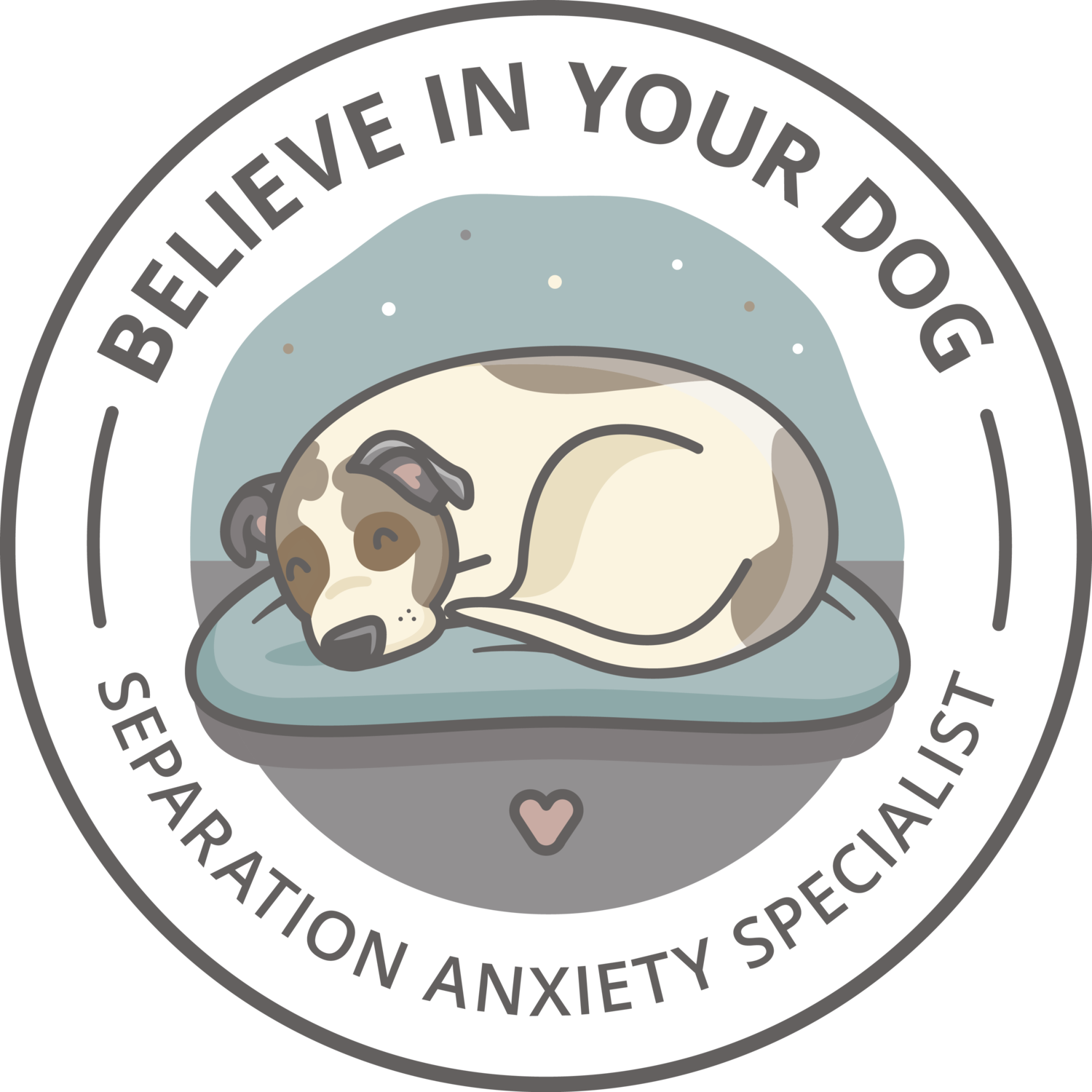Episode #3: Conducting an Initial Assessment With Malena DeMartini
Don’t we need to see the behavior to know how to change it?
Before I decided to specialize exclusively in separation anxiety, I fielded this question a lot. Many of my clients with aggressive dogs in particular strongly believed that I needed to see Fido snapping at visitors to successfully change the behavior. The case can certainly be made (as I did many times) that it isn’t necessary (or ethical) to put dogs and people in danger and risk a bite solely for the purpose of observation. Especially when we can safely and accurately surmise why Fido would do such a thing and what the best course of action would be without pushing a dog past their threshold.
But what about for separation anxiety dogs?
As my special guest and mentor Malena DeMartini and I discuss in this episode, we strongly believe in the importance of an initial absence assessment before embarking on a home alone protocol. We take a deep dive in all things initial assessments: what they are, why they are important, and how to conduct them.
In this episode of the Believe in Your Dog Podcast, you will learn:
How we define an initial absence assessment
Why we believe they are absolutely critical in establishing a baseline and understanding an individual dog’s suite of behaviors
What specific tools are needed to conduct an initial assessment
Environmental interventions to consider prior to the assessment
All things camera set-up and positioning, including my personal favorite camera for separation anxiety training
How to know when it’s time to stop the assessment
What to look for and measure during and after the assessment
What to do and not do when you return home
And so much more!
Resources mentioned in this episode:
Malena’s website
Malena on Instagram
Malena on Facebook
Schedule an initial assessment with a CSAT
Learn more about Mission Possible, Malena’s DIY online training course. Use coupon code CSAT50 for $50 off.
Malena’s book
Wyze cam:https://www.wyze.com/
Body language resources: Doggie Language by Lili Chin and Bravo Dog’s Body Language course
Greeting research:https://www.sciencedirect.com/science/article/abs/pii/S1558787820300460
If your dog doesn’t have SA/something else happened in the assessment:https://www.companionanimalpsychology.com/2016/12/how-to-choose-dog-trainer.html


